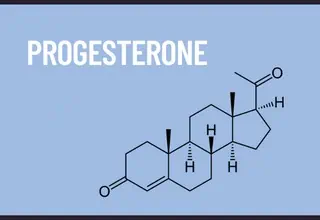
With the 2019 news that women don’t need pill bleeds came the assurance that “women don’t need periods.” But is that accurate?
It’s true that women don’t need monthly pill withdrawal bleeds because they’re not periods, but women do need (or at least benefit from) monthly natural menstrual cycles because that’s how women make the hormones estradiol and progesterone.


